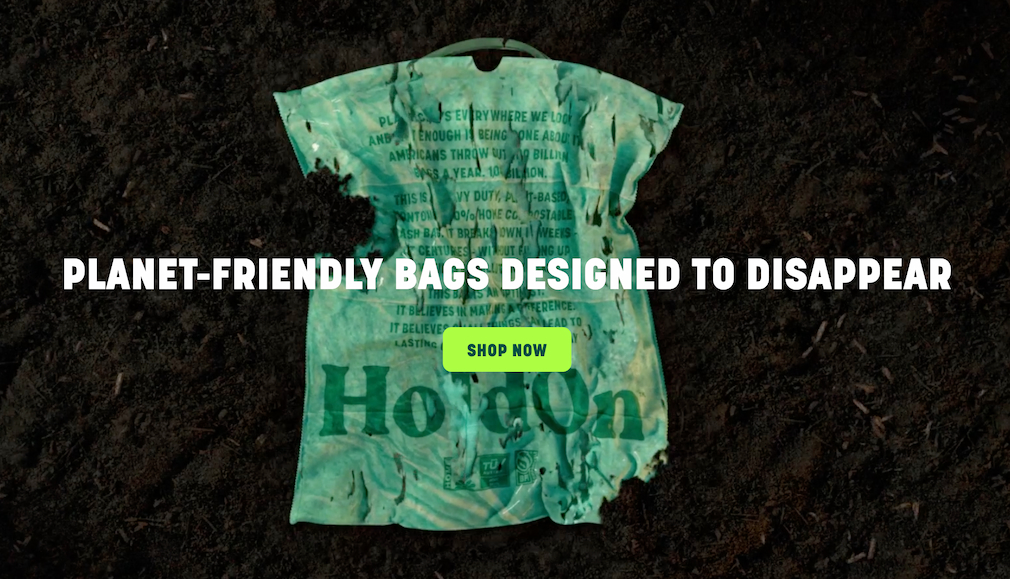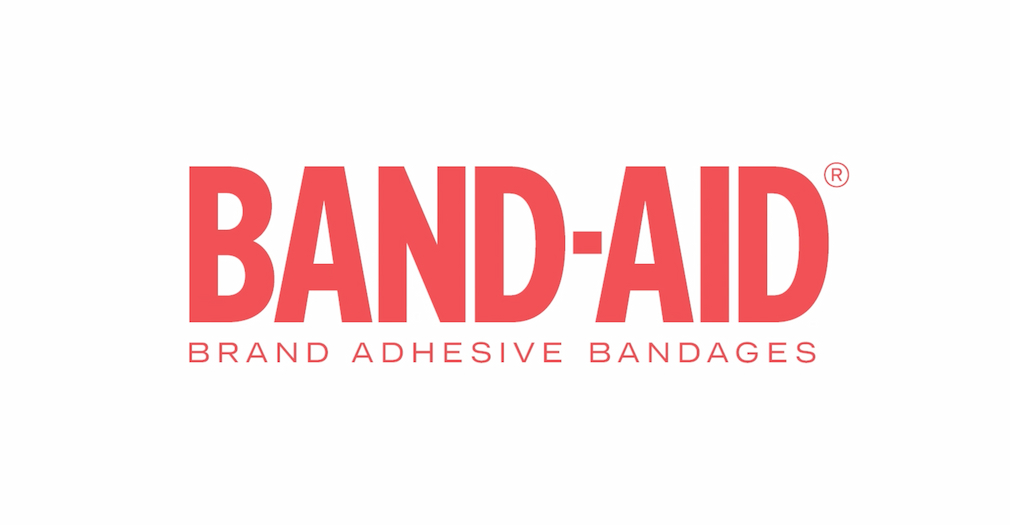
EXPERT Professional Wood Care Stain & Seal
Pet-safe and eco-friendly claims may be streaky.
Lomi claims in the ad above that its countertop composter turns not just food scraps but “product packaging and even compostable plastics” into “nutrient-rich fertilizer.” In the ad, a spoon, knife and bag are tossed in the machine, already containing egg shells and watermelon rind, and transformed into dirt.
But TINA.org dug a little deeper and found that there is actually a limited number of non-food items that, according to the company, can be broken down by Lomi into usable compost. These are so-called “Lomi Approved” products.
“If you add materials that are not Lomi Approved, there is no guarantee that they will turn into dirt in Lomi,” the company says in a post on its website that lists the 104 Lomi Approved non-food compostable products, which comprise of specific products from specific brands and include bags, cutlery, cups, plates and take-out food containers.
There are also restrictions on the types of food waste that are compostable with Lomi, according to another post on the site, which notes a number of items that the company says “should never, ever go into Lomi.” The post warns, “Generally speaking, do not add liquids, oils, very hard foods, and non-organic materials to Lomi.”
So despite the company’s broad composting claims, it seems like the only things that should be going into Lomi is organic food waste and a relatively small number of non-food products. But where is that disclosed in the commercial? Nowhere.
The bottom line? If you want to save the planet, you’re going to need to do more than rely on advertisers’ environmental claims.
Of note, the FTC’s Green Guides, which provide guidance on environmental marketing claims, are under review.
TINA.org reached out to Lomi for comment. Check back for updates.
Find more of our coverage on greenwashing here.
Our Ad Alerts are not just about false and deceptive marketing issues, but may also be about ads that, although not necessarily deceptive, should be viewed with caution. Ad Alerts can also be about single issues and may not include a comprehensive list of all marketing issues relating to the brand discussed.
Pet-safe and eco-friendly claims may be streaky.
Company walks back composting claim following TINA.org inquiry sparked by self-regulatory ad challenge.
Lawsuit alleges environmental claims don’t stick.

